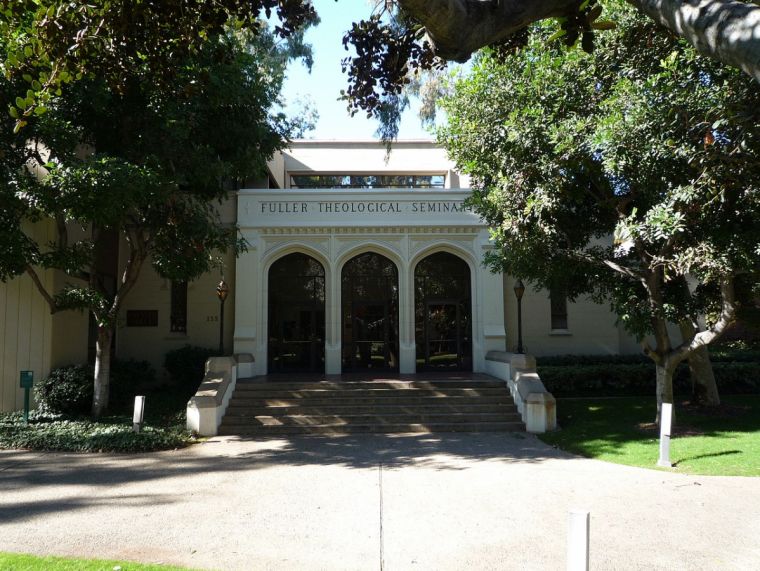Fuller Theological Seminary closes some campuses
The influential US evangelical institution Fuller Theological Seminary is closing several of its locations and 'retooling for a different world' because of the growing demand for online education and the increase in online enrollment.

The news of the closure was released in an email to Fuller students on July 17. The largely California-based seminary says it has seen an expansion of its 'global footprint', with enrollments reaching 6,500 a year across 260 courses due to the widened capacity of online and distance-learning teaching.
Fuller's provost Joel Green wrote: 'However, the significant increase in online enrollment has been matched by a decrease in enrollment on our geophysical campuses. To offer one snapshot, while winter quarter online enrollment has increased by almost 50 per cent from 2013-17, enrollment on our regional campuses has decreased by about 30 per cent during the same period.'
He added: 'This shift from our geophysical classes to online brings with it certain challenges. Primary among those is the increasing difficulty of attracting enough students to foster a genuine learning community in some of our regional campus classrooms – a difficulty that has had a negative impact on the financial sustainability of some of our regional campus efforts.
'Accordingly, we have decided to take steps to close our campuses in Seattle, Menlo Park, and Orange County, and to discontinue offering the MDiv, MAT, MATM, and MAICS degree programs in Phoenix.'
Fuller's president Mark Labberton said that the institution was 'retooling for a different world', but said its leadership team grieved a 'sense of loss' over the move.
He said: 'It is important to acknowledge that online courses are not everyone's preference. It is also the case that regional campuses are not just class-sites.
'Friendships and ministry partnerships have been an invaluable part of our regional campus ministries. This makes closing some of our regional campuses more painful, even if the trajectory is not sustainable.'
As the 2019-20 academic year begins, Fuller will continue to offer courses in Pasadena, Houston, Phoenix (MFT), Colorado Springs (MAGL and courses for Young Life students) and online.
Labberton urged prayer for the institution's future, 'asking God for his wisdom in this season of rapid change'.
Fuller Theological Seminary told Christian Today that it was not closing its regional campuses simply because of the decline in regional campus closures.
'This fails to communicate the demand for online education and the increasing enrollment in our online enrollment. We are experiencing a tremendous increase in our online enrollment and this requires we focus attention on this new modality to provide the necessary support. As our statement indicated, when there is such an increase in online enrollment coupled with the decline in regional campus enrollment (due to many of these students choosing online classes instead of regional classes), this requires us to think anew our mission in our 70th anniversary year.'
The seminary also said it is not backing away from its commitment to a regional presence.'Rather, we are retooling them for a different world so that we can maintain a presence in these areas.' The seminary emphasised the opportunity and reality that online education is providing.











